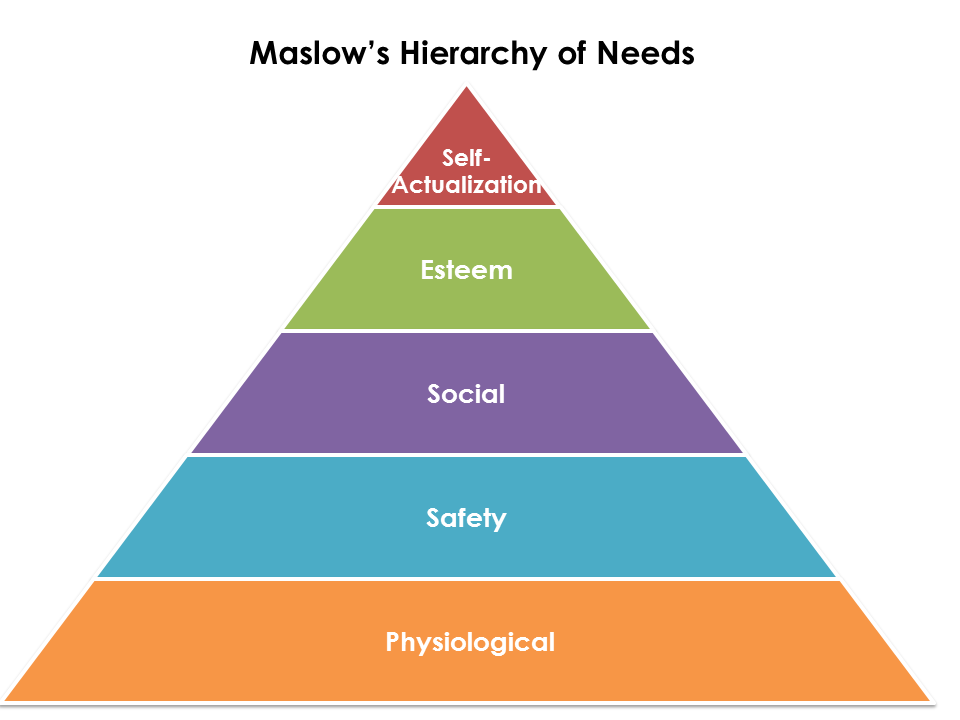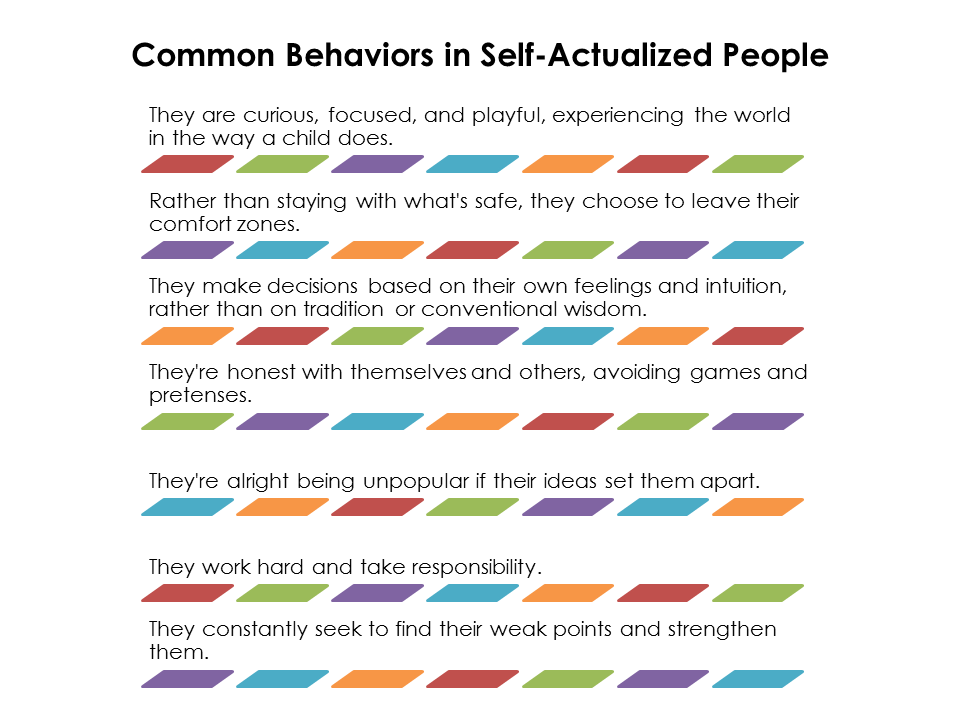“There are no magic wands, no hidden tricks, and no secret handshakes that can bring you immediate success. But with time, energy, and determination you can get there.” ~ Darren Rowse, Founder, Pro Blogger
The idea of using psychology as a way to persuade customers to buy from you seems abhorrent to many people. They hate the idea that they might be manipulating customers. But much of that thinking stems from traditional tactics used by unethical advertisers. There are still those who think they can use secret tricks to get people to make a purchasing decision.
In reality, any ‘tricks’ used will hurt your business in the long run, and won’t build the type of lasting relationships that are the foundation of successful businesses. The truth is that psychology is just a science that helps you understand how your customers are thinking. When you can connect with your target market on a deeper, emotional level, you’ll be better able to reach them and help them.
If you can understand what your customers are thinking at each stage of the buying process, then you can more successfully connect with them with the appropriate content (for example, if you are looking to market towards the younger generations, you may wish to consider creating an interactive video platform of sorts that you will be able to distribute online, especially social media) and provide them with the information they need.
Even more critically, you’ll learn how to use psychology in an ethical way. Objective information is helpful during the buying process, but if you have a good grasp of basic psychology, you can figure out how to effectively communicate how your product truly meets your target audience’s needs. When you can connect with your customers at an emotional level, you can grab their attention in a way that any dry, unemotional marketing can never achieve. Consider unconventional marketing strategies too. Unconventional often grabs attention and keeps attention, so have a look at the best company for wild posting in NYC here, and see what unconventional advertising can do for you.
As you read this post, take note of this quote from Fast Company:
“Smart, skillful, honest marketers use psychology legally, ethically, and respectfully to attract and engage consumers, and compel them to buy.”
Introduction to Basic Psychology
Since so much of the psychology of marketing is about meeting needs, let’s start with an overview of one of the major theories in psychology, Maslow’s hierarchy of needs.
Maslow’s Hierarchy of Needs
The American psychologist Abraham Maslow developed this theory. While most psychologists at the time studied mental illness, crime, and deviant behavior, seeing the individual as a “bag of symptoms,” Maslow had a more positive approach. He studied the lives of exemplary people like Albert Einstein and Frederick Douglass to learn about motivation and what he called “self-actualization,” or achieving true human potential and finding meaning in life.
His theory centers on a hierarchy of needs, as pictured below.
 Maslow’s theory states that each of us achieves these needs by starting at the bottom, or foundation, of the hierarchy and working our way up. Only when the lowest needs are met can we move up to the next level.
Maslow’s theory states that each of us achieves these needs by starting at the bottom, or foundation, of the hierarchy and working our way up. Only when the lowest needs are met can we move up to the next level.
When a need isn’t met, a person focuses on fulfilling this need. The urge to fulfill this need grows stronger as time passes, and the person can’t be bothered with other, less immediate needs. If you’re unable to eat, you’ll be overcome with hunger and you’re less likely to concern yourself with growth or self-actualization needs.
Each person, Maslow said, is motivated to move from the bottom to the top. This is important for marketers because it’s defines people’s different possible motivations. As a marketer, you need to fully understand your customers and their motivations, when it comes to choosing and buying products.
Maslow’s Hierarchy Explained
This concept is extremely important for marketers to understand in concrete terms, so let’s consider each stage of the hierarchy with examples.
Physiological Needs
These are basic biological or physical needs, without which you may experience pain, irritation, or other problems that prevent basic functioning. These needs include air, food, water, shelter, warmth, and sleep.
Safety Needs
Safety needs range from the most basic, such as protection from the elements or from immediate danger, to more complex security needs like the need for order and laws. At the personal level, these needs revolve around the basic need for stability and freedom from fear, without which we would be consumed by anxiety.
Social Needs
Social needs involve love, belonging, and feeling socially accepted. Specific needs at this stage include a sense of belonging to a community, having friends, functioning well in social situations, and having romantic relationships.
Esteem Needs
The needs at this level are associated with appreciation and respect. Once our physiological, safety, and social needs are met, we begin to focus on personal worth. This area includes achievement, mastery, independence, prestige, self-respect, and respect from others.
Self-Actualization Needs
The final level is self-actualization, which includes realizing your personal potential, self-fulfillment, gaining a sense of meaning in life, personal growth and peak experiences.
The term “self-actualization” has been used by a number of people to mean a number of things. Since we’re discussing Maslow’s theory, let’s consider his definition:
“What a man can be, he must be. This need we may call self-actualization…It refers to the desire for self-fulfillment, namely, to the tendency for him to become actualized in what he is potentially. This tendency might be phrased as the desire to become more and more what one is, to become everything that one is capable of becoming.”
Although everyone reaches self-actualization in their own unique way, Maslow identified certain behaviors that he found common in self-actualized people:

- They are curious, focused, and playful, experiencing the world in the way a child does.
- Rather than staying with what’s safe, they choose to leave their comfort zones.
- They make decisions based on their own feelings and intuition, rather than on tradition or conventional wisdom.
- They’re honest with themselves and others, avoiding games and pretenses.
- They’re alright being unpopular if their ideas set them apart.
- They work hard and take responsibility.
- They constantly seek to find their weak points and strengthen them.
It should be noted that Maslow’s hierarchy of needs doesn’t apply strictly to everyone. He was looking at trends among groups of people. There are always exceptions to the rule, but his pyramid governs how most people are motivated and what struggles they face.
Learning Activity:
Review the different levels on Maslow’s hierarchy and think about what your own personal needs are on each level. Note your answers.
Click here to see Marketing Huddle’s website!


0 Comments